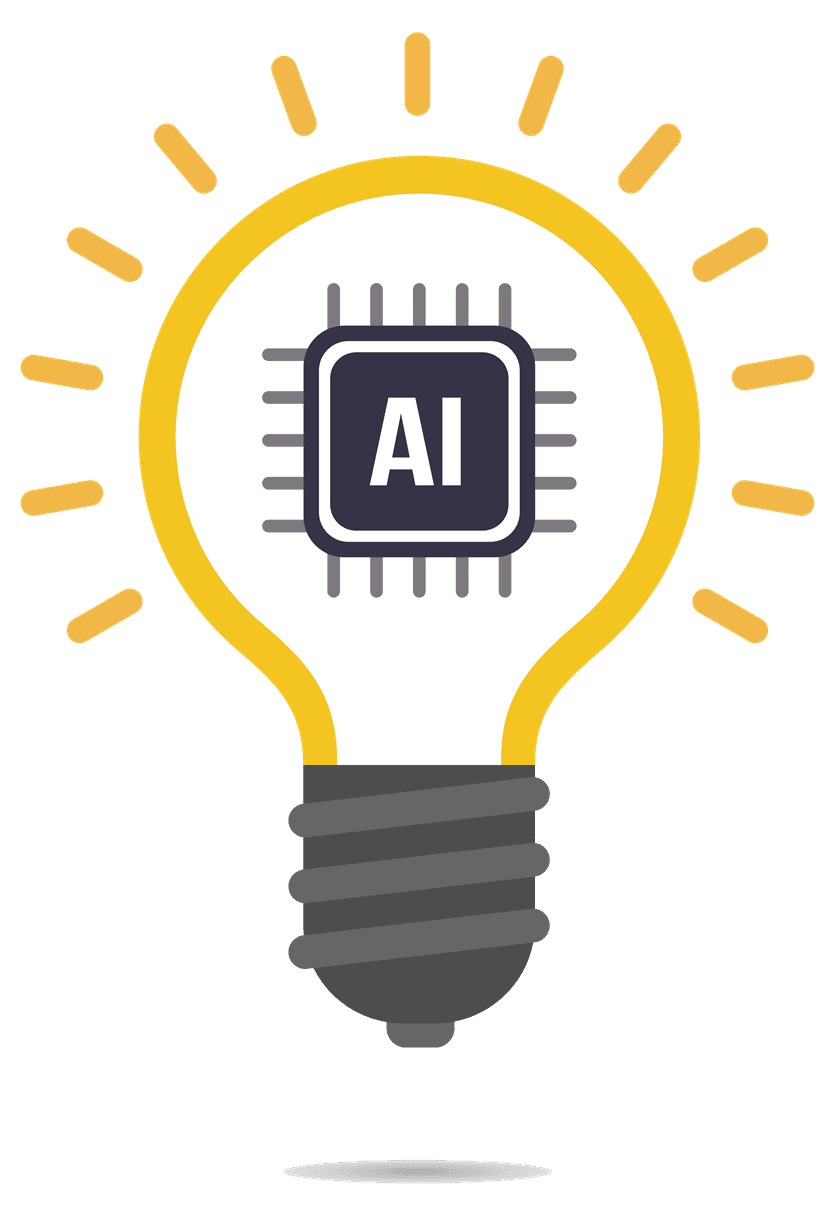The Rise of AI Writers: Revolution or Risk for the Content Industry?
In recent years, artificial intelligence has moved from the background of tech laboratories to the frontlines of creative industries, particularly in content creation. With AI models becoming increasingly capable of writing fluent, coherent, and even engaging pieces of text, a significant shift is occurring in how content is produced. The question remains: is this evolution a revolution that will empower the industry, or a risk that might erode human creativity and authenticity?
The Evolution of AI in Content Creation
It started with simple grammar-checking tools and predictive text systems, but today’s AI can generate entire articles, reports, scripts, and more. One of the most popular and widely discussed examples is OpenAI's ChatGPT. Now, whenever readers encounter a well-written blog or article online, they sometimes wonder, “Did ChatGPT write this” This curiosity itself indicates just how embedded AI has become in the writing world. It’s no longer a novelty—it’s a norm.
Writers and businesses alike have begun to see the benefits. For startups and content-heavy industries, the ability to generate articles efficiently that appear to be written by AI saves time and money. Content calendars that once took weeks to build can now be filled within hours. And because AI can mimic different tones and styles, it’s proving to be a versatile tool for marketers, bloggers, and even journalists.
Opportunities Created by AI Writers
There’s no denying the opportunities AI brings to the table. Content production can scale rapidly, and language barriers are being broken down with machine-translated and localized content. A small business with limited resources can now compete with larger players by using AI tools that were previously inaccessible or too costly.
Moreover, AI can assist human writers rather than replace them. Many professionals use AI to generate ideas, structure articles, or handle tedious rewriting tasks. This collaboration can lead to higher-quality work, allowing writers to focus on creativity and critical thinking while the AI handles the groundwork.
The Risks Lurking Behind the Screen
However, with every technological advancement comes a new set of challenges. The surge in AI-generated content raises important questions about originality, trust, and ethics. If everything is written by AI, where do we draw the line between human ingenuity and machine replication?
There's also the looming issue of job displacement. Content writers, editors, and even journalists worry about their future roles in an AI-dominated industry. While AI may streamline content creation, it also threatens to reduce the demand for human writers, particularly in low-paying or repetitive content niches.
Additionally, the flood of AI content can saturate the digital landscape with generic, SEO-driven writing. Quality may suffer as quantity takes over. Readers might begin to question every piece they consume: “Did ChatGPT write this?” And if readers can't distinguish between human and machine-generated writing, the authenticity and trustworthiness of online content may decline.
The Human Touch in an AI Era
What AI still struggles to replicate fully is the depth of human experience, emotion, and cultural nuance. These are aspects that bring real life and meaning to writing—traits that make stories resonate. While an article written by AI can be grammatically correct and structurally sound, it may lack the soul that comes from lived experiences.
This is where the human element must remain vital. AI can assist, but it shouldn’t overshadow the voice of the creator. Editors and writers need to steer AI-generated content, infusing it with personal insights, context, and authenticity that only humans can bring.
Striking the Right Balance
The rise of AI writers is both a revolution and a risk. It’s a revolution because it democratizes content creation, increases productivity, and enhances accessibility. But it’s a risk because it can dilute the human essence of writing and disrupt creative industries if not managed responsibly.
The future of the content industry lies in finding the right balance. Rather than asking Did ChatGPT write this as a sign of distrust, the industry should aim to integrate AI as a trusted collaborator. Used ethically and wisely, AI can elevate content creation without compromising its heart.
Ultimately, the pen is still in our hands—even if AI sometimes helps move it.

Comments
Post a Comment